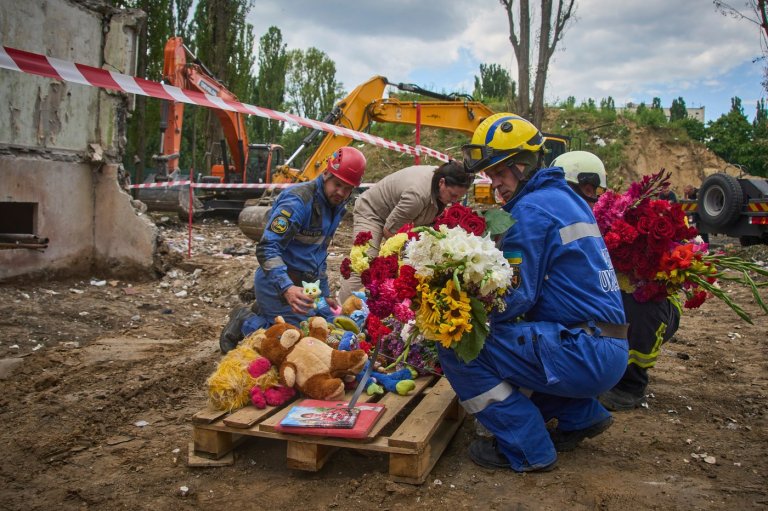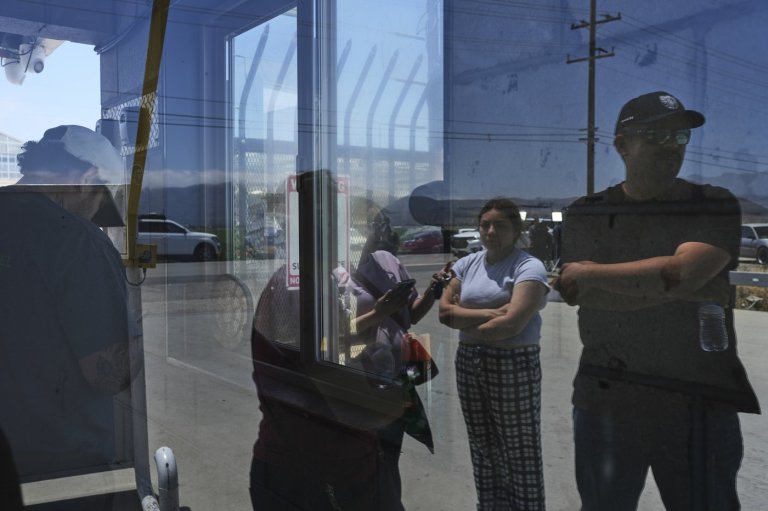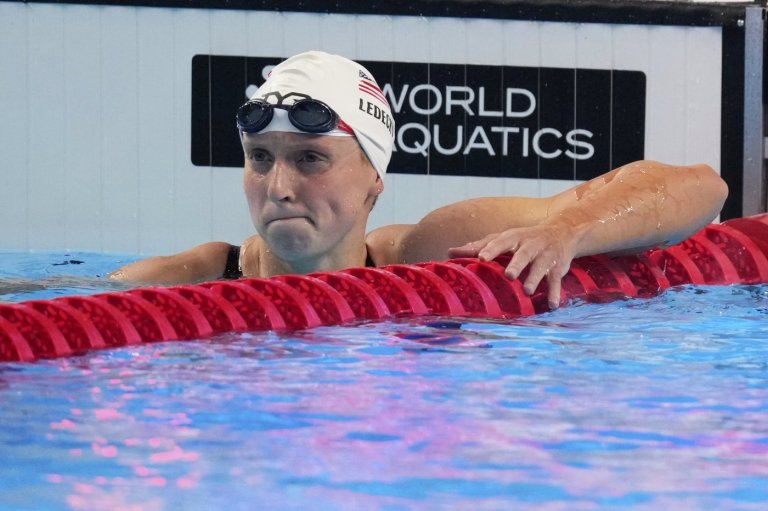Conflicts prompt increase in arms spending globally, except in US and Western Europe
HELSINKI – World military spending was largely unchanged in 2014 as lower spending in the United States and Western Europe was matched by increases elsewhere, prompted by conflicts in the Middle East, Eastern Europe and Africa, an arms watchdog said Monday.
The Stockholm International Peace Research Institute said total global arms expenditure was down 0.4 per cent at $1.8 trillion.
American spending was reduced by 6.5 per cent as part of measures to cut the U.S. budget deficit, while the three biggest arms spenders after the U.S. — China, Russia and Saudi Arabia — greatly increased their purchases. Saudi Arabia boosted its military investments the most, by 17 per cent, while China’s arms spending rose by 9.7 per cent to an estimated $216 billion.
SIPRI program director Sam Perlo-Freeman said the conflict in Ukraine has prompted many European countries near Russia to increase military spending, particularly in central Europe, the Baltics and the Nordic countries. On the other hand, the five biggest spenders in western Europe — France, Britain, Germany, Italy and Spain — have all budgeted for further, small cuts this year.
“The Ukraine crisis has fundamentally altered the security situation in Europe, but so far the impact on military spending is mostly apparent in countries bordering Russia,” he said. “Elsewhere, austerity remains the main driver of downward spending trends.”
Ukraine increased expenditure by over 20 per cent in 2014 and plans to more than double spending on the armed forces in 2015. In line with plans made before the Ukraine conflict Moscow is also spending more on arms this year, the institute said in its report.
The fast build-up of arms in areas such as the Middle East and Africa is “placing an increasingly high burden on economies,” Perlo-Freeman added.
“These increases partly reflect worsening security situations, but in many cases they are also the product of corruption, vested interests and autocratic governance,” he said.
In Latin America, Mexico increased its spending by 11 per cent because of the continuing battle against drug cartels, with Brazil’s expenditure falling slightly due to economic difficulties. Crisis-hit Venezuela had the largest drop in the region, of 34 per cent.
Join the Conversation!
Want to share your thoughts, add context, or connect with others in your community? Create a free account to comment on stories, ask questions, and join meaningful discussions on our new site.



















Leave a Reply
You must be logged in to post a comment.